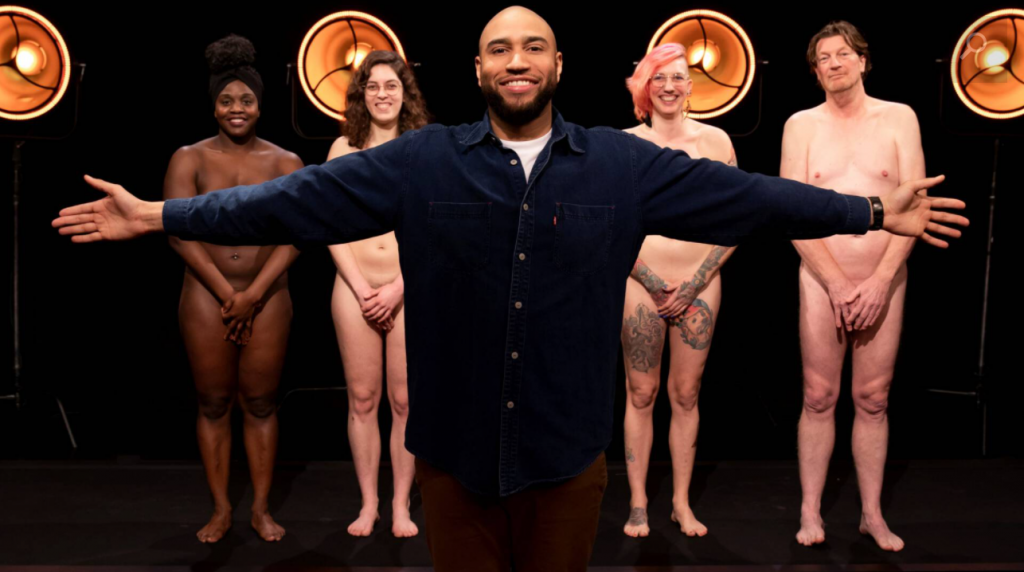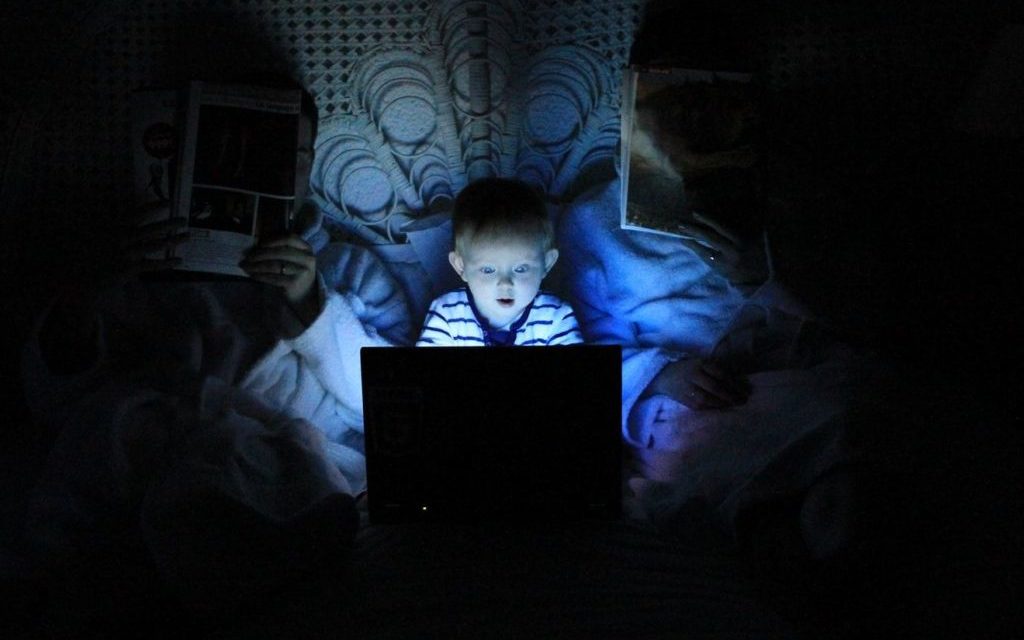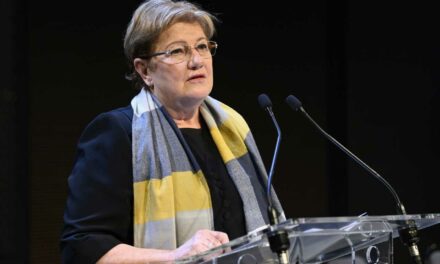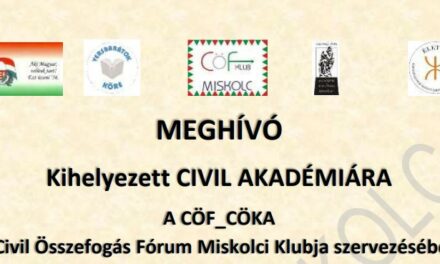After Friday Fax reported on the controversial UNICEF report, the organization removed the article about children's online rights from its website, carefully re-edited it, and then re-posted it. In the ominous report, UNICEF states: it is not a problem if children see pornographic content, because watching sexual material does not affect them and they have a human right to watch such content.
A recent report by the United Nations Children's Fund (UNICEF) entitled "Safeguards in the Digital Age and Children's Online Rights" concluded that pornography is not always harmful to children.
According to the report, it is okay for children to have access to sexually explicit material according to their age and maturity, and it is their human right to view sexually explicit content online, which may even be pornographic.
Shortly after Friday Fax reported the outrageous report last week, UNICEF removed it from its website only to publish a strategically edited, corrected version. From it, it has already deleted key claims cited and disputed by the Friday Fax, but has maintained the position of the original report.
UNICEF spokesperson Najwa Mekki told Friday Fax: "UNICEF's position is clear: No child should be exposed to harmful content online." However, Mekki declined to comment on whether, according to UNICEF, pornography is harmful to children. He also refused to comment on the circumstances that caused the report to be taken down and then returned after being modified.
A UNICEF report suggests that children are safe from viewing sexually explicit material. The conclusion is based on a recent EU study that looked at children's online habits and found that some children felt happy after seeing sexually explicit images, i.e. the "unveiled reality".
The report also states that not all sexually explicit content is considered pornography. He suggests a graded scale that would help classify the types of pornography that children of different ages might view. So, according to him, "differences in the maturity level and developmental abilities of individual children ... would play a role" in the creation of the "age class classification system" for its regulation.
The report also points out that we violate children's rights by preventing them from accessing information about sexuality that is "useful" to them, such as sexual and reproductive health information or LGBTQ education resources.
The UNICEF report acknowledges that some research suggests porn has a negative impact on young people, but adds that there is also "a lot of evidence that exposing children to some degree of risk...helps them build resilience". Of course, what doesn't kill you makes you stronger. It's blood-curdling!

Source: vasarnap.hu
Sex education campaigns are very fashionable these days and sneakily attack children. In Western Europe or America, queer-shows are commonplace, where transgender people dressed in full "battle gear" tell stories to preschoolers in the name of acceptance. Danish and Dutch public television broadcasts a program in which naked adults, including transgender people, are shown to 11-year-old children, citing the introduction of the body, as a form of education. The world of modern fairy tales is regularly interwoven with sexuality and sexual diversity, not to mention the enlightening (re)education that infiltrates the framework of school education.
But the fact that they would watch porn or any naked sexual content with children, I think, completely blows the fuse for a parent who thinks according to a normal value system.
Source and full article: vasarnap.hu













